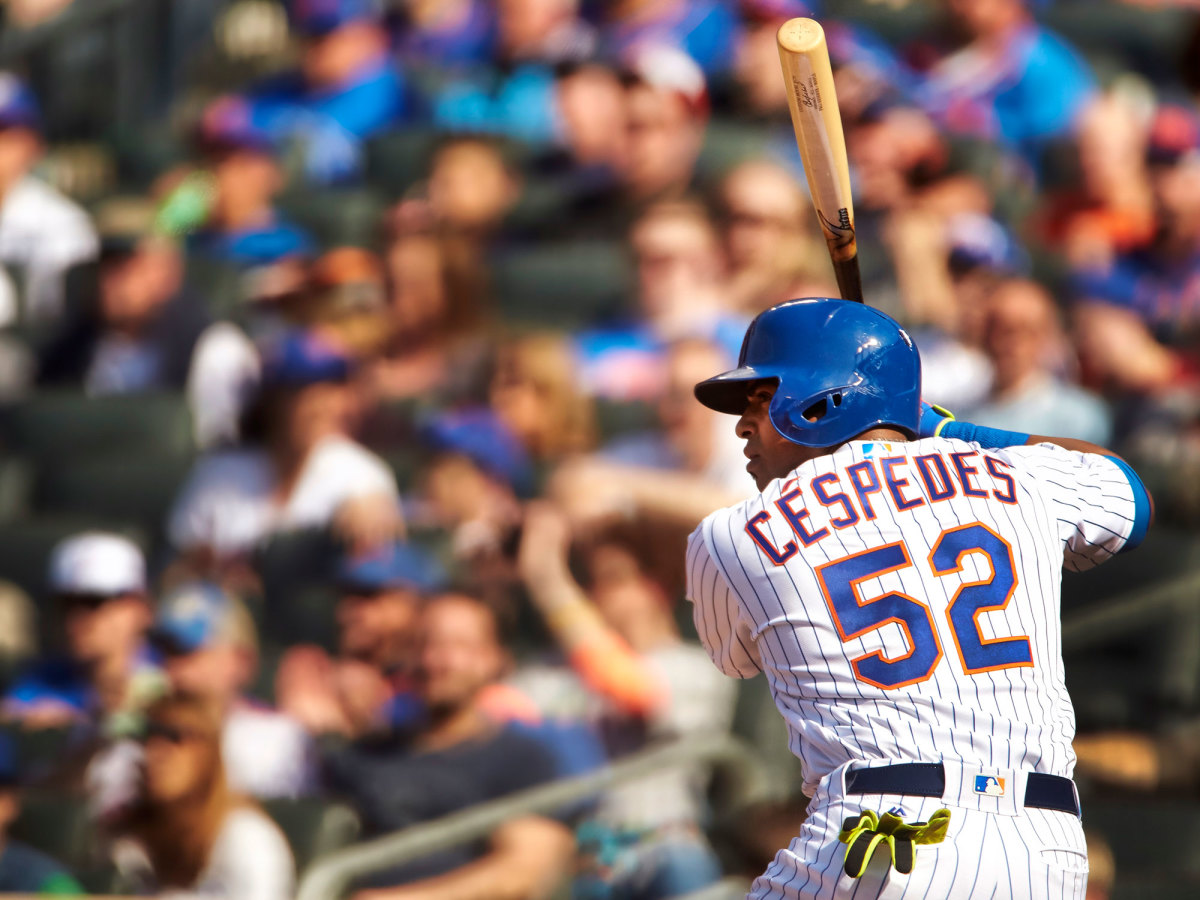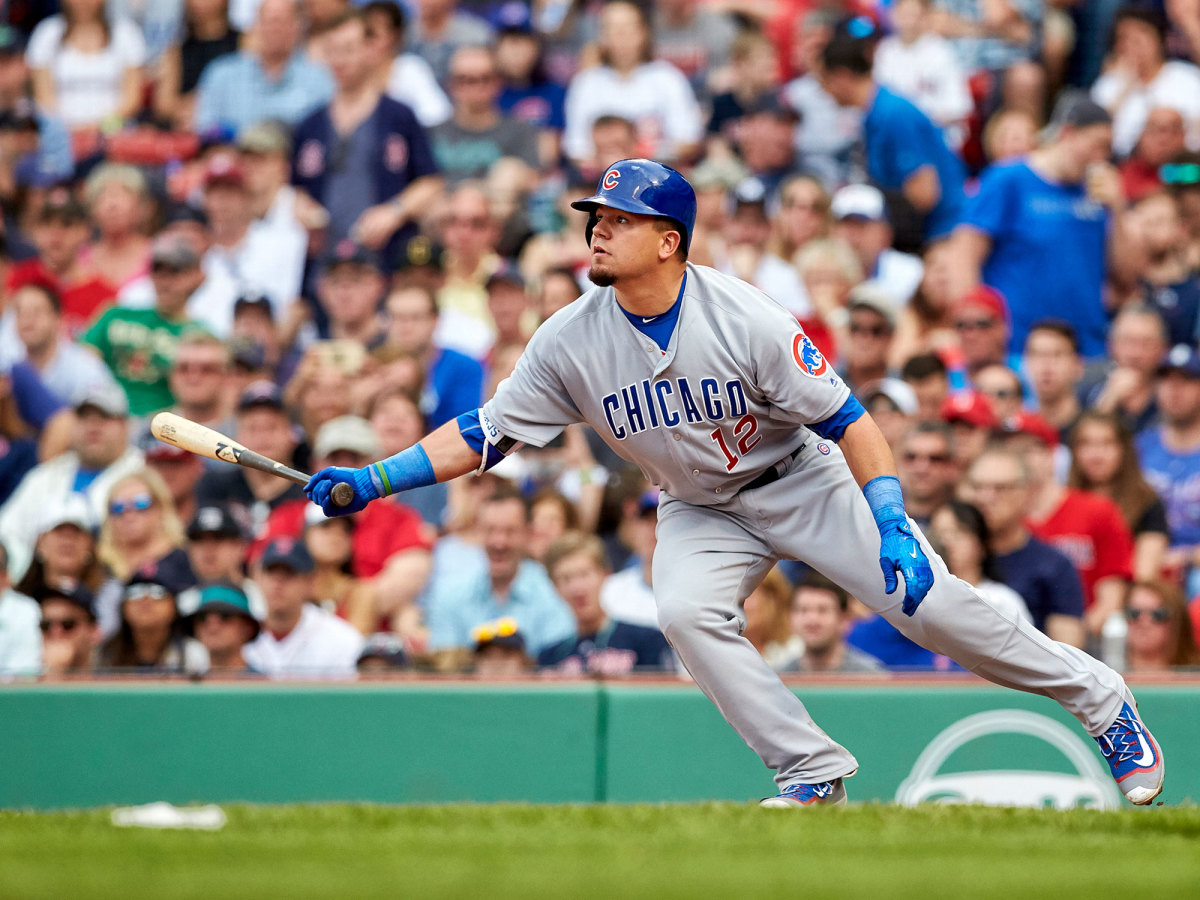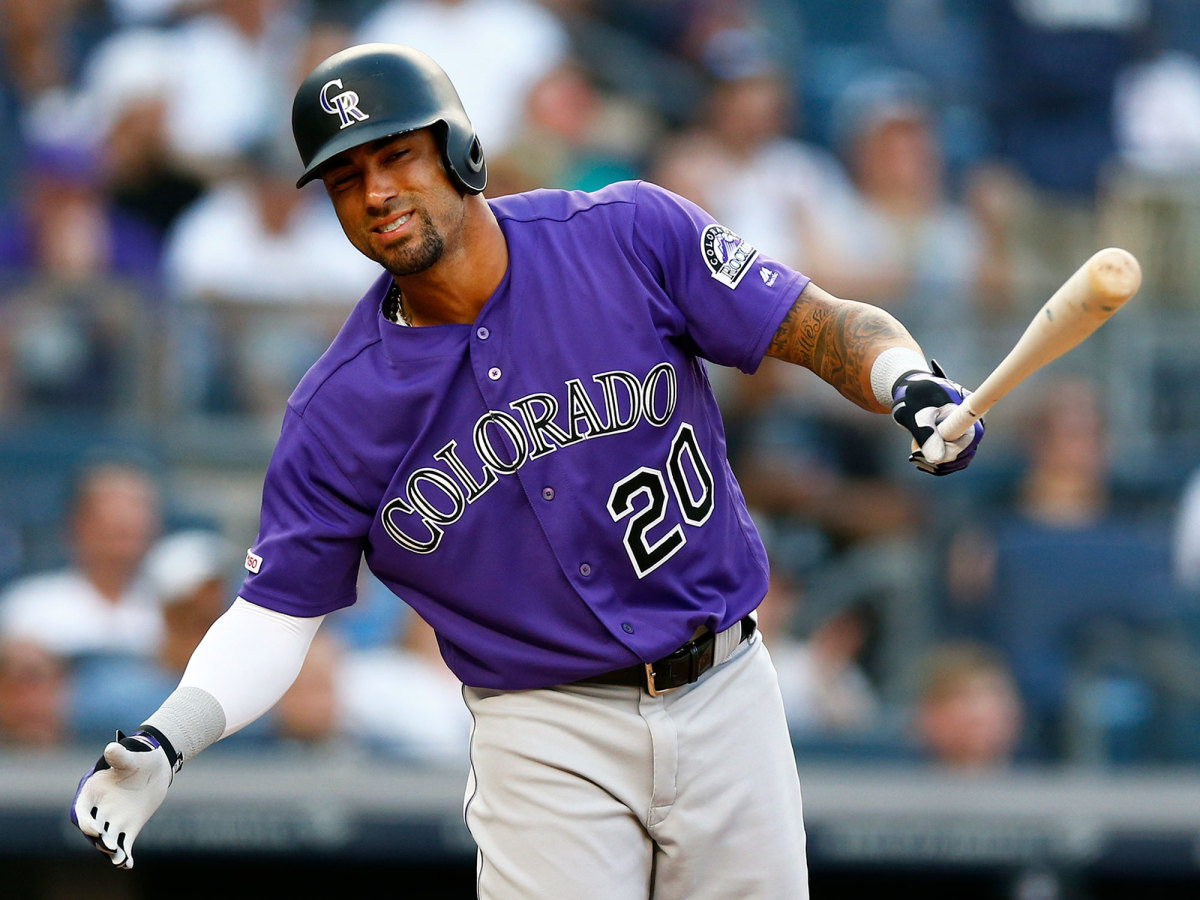How the DH Would Affect Every National League Team
If baseball returns in 2020—and “if” now seems closer to “when”—it will probably have a universal DH. There’s no consensus on the other features of a proposed return. But this one looks set to be confirmed, and even before the current situation, it seemed all but inevitable to arrive sometime soon.
Almost from the moment that the AL elected to use the DH in 1973, the rule’s split-league setup made for consternation. “That could cause a problem if such a rule was adopted by one league and not the other,” then-commissioner Bowie Kuhn said after the initial vote. “What would happen in the World Series?” Decades later, MLB has learned how to handle the DH in a World Series, but it’s seen different sets of rules become increasingly anachronistic. A few months back, it was hard to imagine a new collective bargaining agreement that wouldn’t establish a universal DH for 2022, and while it was equally hard to imagine that the rule would actually first be established for a shortened season brought on by a global pandemic in 2020, well, here we are.
Of course, putting the DH in a new CBA would have allowed NL teams the time and opportunity to build rosters with that in mind. This situation? Not so much. Whatever version of baseball that we see this season will presumably include expanded rosters, so simply filling the spot shouldn’t be a question, but just how much of a difference it makes certainly will be. A DH would be a savior for some teams, a puzzle for others, a non-factor for the rest. So here’s our rundown of which is which:

DIFFERENCE-MAKER: The DH solves a problem or provides a boost
Los Angeles Dodgers: Maybe you’re tired of hearing about the Dodgers’ depth. It’s been at the center of almost every discussion about their recent history; “depth” is the top angle to take on their every injury, every trade, every playoff series. It’s not so much an insight anymore as it is an obvious fact. The Dodgers are deep! And that will serve them now better than any other team. At the start of spring training, their biggest dilemma was that there was no way for them to maximize production from their many good players at once. This remedies that: Enrique Hernández, Chris Taylor, Max Muncy, Joc Pederson, Matt Beaty, A.J. Pollock and more could all DH, and the team will be better for it.
New York Mets: The DH could be a wonderfully satisfying answer to the question of Yoenis Céspedes. After missing all of 2019, most of 2018, and half of 2017, he was taking live batting practice in spring training before baseball shut down in March. If he can come back in 2020, this would seem to be the best way. And if he can’t? Dom Smith would probably be a natural fit; otherwise, the team has a supply of corner outfielders that leaves them with some choices here.
Cincinnati Reds: The Reds’ busy winter filled their lineup, and then some. It would have been a challenge to work out a system with consistent playing time for Nick Castellanos, Shogo Akiyama, Jesse Winker, Aristides Aquino, and Nick Senzel—but a DH makes that look much easier.
Washington Nationals: With the Nationals’ decision to bring back Ryan Zimmerman and Howie Kendrick while also signing Eric Thames and Starlin Castro, you could be forgiven for the idea that they somehow saw this coming.
Milwaukee Brewers: The Brewers’ winter sparked questions about what to do with Ryan Braun. They added Avisaíl García to a full outfield, which, presumably, would have caused a move to first base for Braun—but the team added a solution there in the form of Justin Smoak. While Braun started work at first in spring training, it seemed like it would be a platoon with Smoak, at best. But with the flexibility of a DH? Problem solved.

IT’LL WORK: Critical? Nah. Workable? Sure.
Atlanta Braves: The Braves’ outfield was already full when they re-signed Nick Markakis in January. (And that’s “full” with a fourth outfielder included, in the form of Adam Duvall.) With a DH, however, they could enjoy some more flexibility there.
Chicago Cubs: The Cubs have neither a logjam to sort out nor a would-be bench player who would significantly benefit from the extra PAs. But Kyle Schwarber can finally manifest his Big DH Energy… or if they don’t want to disrupt their outfield too much, they could also go with backup catcher Victor Caratini, or utilityman David Bote.
Philadelphia Phillies: This one depends on when Andrew McCutchen will be able to return from his torn ACL. The DH spot would be an ideal way to ease him back into the lineup—and otherwise, it seems like a home for Jay Bruce.
Arizona Diamondbacks: Jake Lamb has missed more than half of each of the last two seasons due to injury, and now, he’s slated for the bench. But if he’s healthy for 2020, replicating anything close to his All-Star 2017 performance, he’d be perfect to take on designated hitter for the D’backs.
St. Louis Cardinals: Matt Carpenter’s better suited to first base than third, but since first is taken here, it makes sense to move him into the DH role. But if St. Louis doesn’t want to do that necessary rearranging—Tommy Edman to third, probably, which would take away an option in the outfield—Brad Miller could work, too.

DESIGNATED WHAT?: ...or hit what?
Miami Marlins: The Marlins were previously looking at having Garrett Cooper share right field with Matt Joyce; now, it makes sense to extend the platoon’s duties to DH. It just won’t do much to shift the overall direction of the lineup.
San Diego Padres: Is this what the Padres planned to do with Wil Myers when they signed him to that big extension in 2017? No. Is it probably the best choice now, given the state of his defense? Yes.
Colorado Rockies: Take the above sentences and switch out the details to swap Ian Desmond for Wil Myers.
San Francisco Giants: Perhaps it would be kinder to the Giants to remove one of their hitters instead.
Pittsburgh Pirates: Finally, as with most questions relating to this iteration of the Pirates, there are no good options here.
